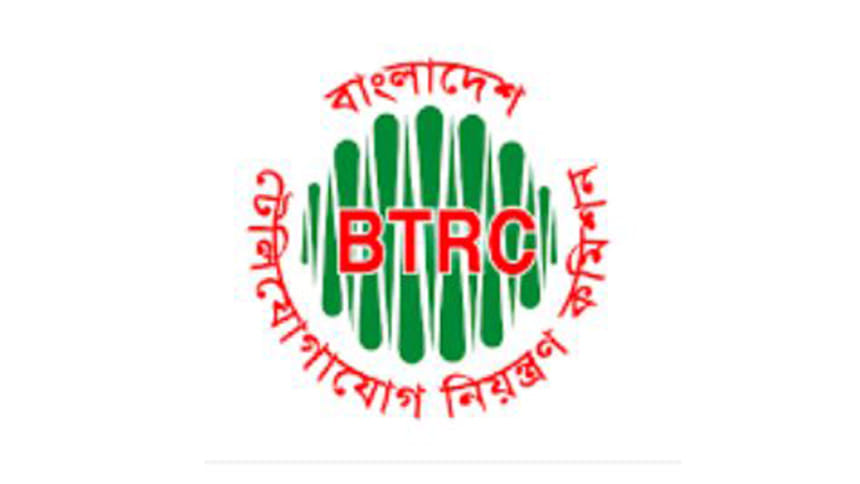Telecom regulator itself being regulated

The Bangladesh Telecommunication Regulatory Commission (BTRC) is struggling to implement various initiatives due to a lack of coordination as well as legal constraints that limit its independence, its chairman Md Emdad Ul Bari said.
Speaking at a two-day conference titled "Recommendations by the Task Force on Restrategizing the Economy" at BRAC Centre Inn Dhaka, he highlighted the regulatory challenges faced by the telecom regulator.
Although the commission was initially formed as an independent entity, a legal amendment made it necessary for the regulator to seek government approval before making decisions.
This effectively means the regulatory body itself is regulated by the government, making decision-making and implementation difficult.
The conference, organised by the Centre for Policy Dialogue (CPD), focused on inclusive economic development through digital transformation and the growth of micro, small and medium enterprises.
Speakers also pointed out that internet costs in Bangladesh remain high, primarily due to heavy taxation. They argued that unless the government reduces the tax rate, internet prices will not decrease, limiting internet access among the general population.
BTRC Chairman Bari explained that the fact that there are multiple intermediaries in the internet distribution chain significantly drive up costs.
He said internet services reach consumers after passing through several stages, each deducting a substantial amount. This is one of the main reasons why internet prices remain high.
However, he said efforts are underway to simplify the network system, with expected progress by March-April.
He also mentioned that BTRC is currently working on regulating Starlink's potential entry into the market.
Bdjobs CEO Fahim Mashroor, who presented a keynote paper, highlighted that internet usage is significantly lower in rural areas compared to urban regions.
He attributed this to excessive taxes, a complex supply chain, and high data transmission costs.
Monzur Hossain, research director at the Bangladesh Institute of Development Studies, suggested establishing a dedicated SME bank to address financing challenges.
He said the SME policy mentions a separate SME bank, but it has not been implemented. Government banks have SME divisions, but they are not fully SME-friendly. Given the sector's expansion, a specialised SME bank is necessary.
Hossain proposed that Palli Sanchay Bank could be transformed into an SME bank, given its experience in working with small businesses.
However, Bangladesh Bank's SME & Special Programs Department Director Nawshad Mustafa opposed the idea, suggesting instead that the Karmasangsthan Bank be converted into an SME bank.
Mostafa further mentioned that Bangladesh Bank is working to make SME financing easier.
He said SME entrepreneurs can now avail loans of up to Tk 5 lakh taka without collateral, based on their business bank accounts. A related circular will be issued soon, he said.
He also revealed that startups securing foreign investment could receive matching funds from Bangladesh Bank.
SME Foundation General Manager Nazim Hasan Sattar pointed out a major inefficiency in SME development efforts.
Experts at the conference urged the government to revise taxation policies to make digital services more accessible.
Mahtab Uddin Ahmed, president at Institute of Cost and Management Accountants of Bangladesh, criticised the high tax on mobile data and call rates, which currently exceed 40 percent.
"On one hand, we promote 'Digital Bangladesh', while on the other, we impose heavy taxes that discourage digital adoption," he said.

 For all latest news, follow The Daily Star's Google News channel.
For all latest news, follow The Daily Star's Google News channel. 



Comments